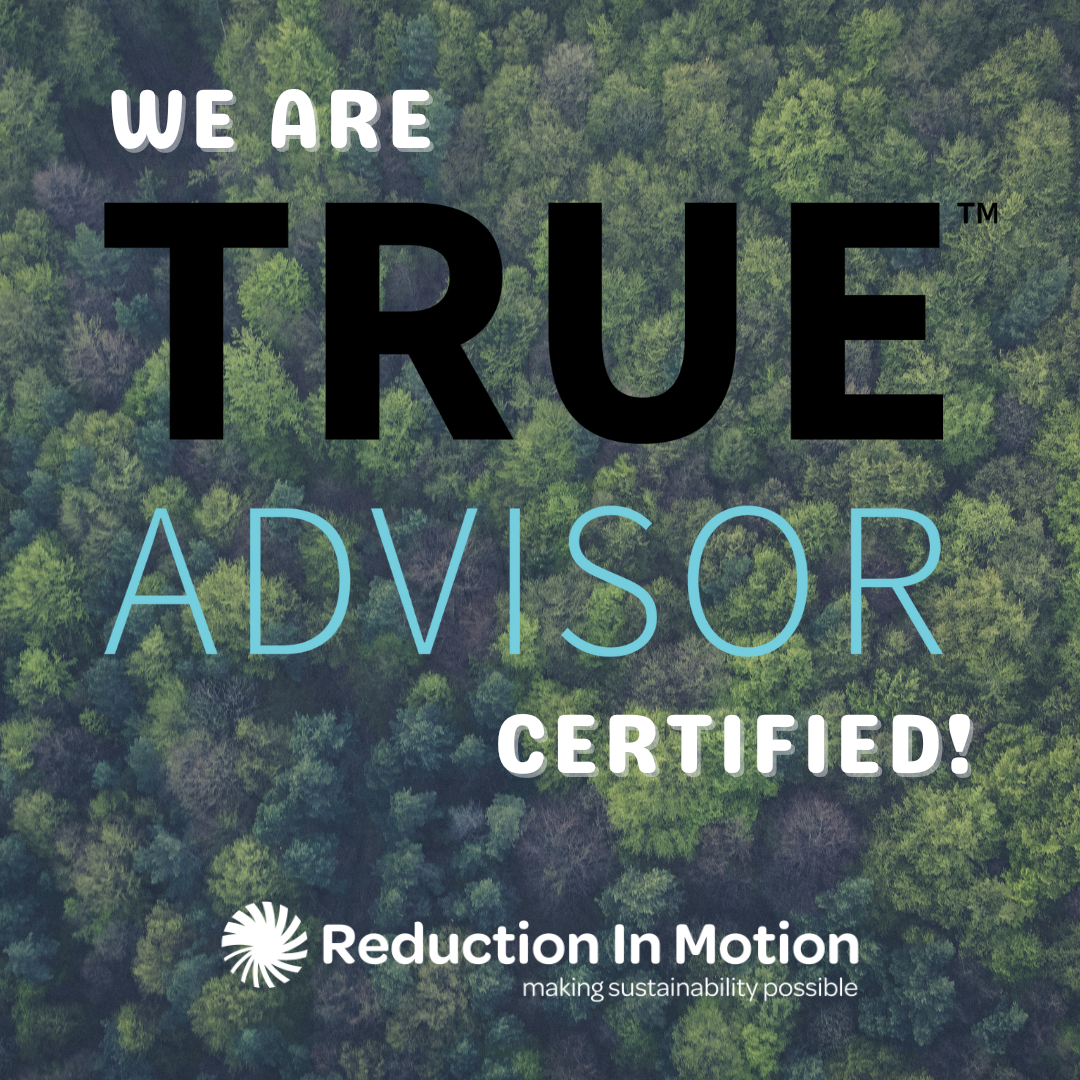Are Food Waste Bans Giving You a Headache?

We all agree that recycling is important, right? But have you considered recycling food waste? When food is placed in a landfill, it slowly breaks down and releases methane, a greenhouse gas linked to climate change. No one likes that.
Check out the newest list below of states and cities focused on diverting food waste from the landfills with some form of ‘food waste ban.’ Establishing a compost collection program can be a bit of a bumpy road when you’re unfamiliar with the process and materials. If you’re interested in learning how best to implement a waste diversion program at your organization? Send us an email to TrashTalk@ReductionInMotion.com for a free consultation!
States:
- California (as of January 2017 if you collect more than 4 cu. yds./week)
- Connecticut (as of January 2014 if you produce more than 2 tons/week and are located within 20 miles of a permitted facility)
- Massachusetts (October 2014 – must dispose of at least 1 ton/week)
- Vermont (July 2014 – if you produce more than 2 tons/week and are located within 20 miles of a permitted facility)
Cities:
- Austin, TX (October 2016 – food enterprises larger than 15,000 sq. ft., changes to 5,000 sq. ft. in October 2017 and all food businesses in October 2018)
- New York, New York (July 2016)
- All food service establishments in hotels with 150 or more rooms
- All food service vendors in arenas and stadiums with seating capacity of at least 15,000 people
- Food manufacturers with a floor area of at least 25,000 square feet
- Food wholesalers with a floor area of at least 20,000 square feet
- Portland, OR – all businesses that generate food scraps must separate them from their mixed waste
- San Francisco, CA – Proper separation of recyclables, trash, and compostables is required for everyone in San Francisco, including businesses, under the Mandatory Recycling and Composting Ordinance.
- Seattle, WA – (2015) all food waste is prohibited from the garbage for both residential and commercial disposal. For businesses, this means that a fee may apply if more than 10% of the volume of their garbage container contains food waste, food-soiled paper, or other items that could have been composted or recycled. Businesses must either compost their organic waste on site, self-haul, or pay for a food waste service.
We’ve been focused on waste diversion programs for 15 years and will be happy to help coordinate a site assessment at your organization to create customized waste and recycling programs catered to your specific needs!
Other Resources:
A Growing List of Food Waste Bans in America – Spoiler Alert

Our team of sustainability and waste consultants work together to develop content for our site. Contact us to learn more about something we’ve written about or would like us to focus on in the future.

